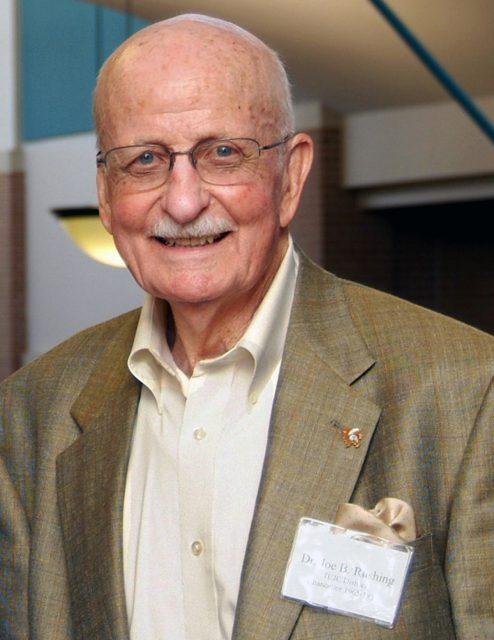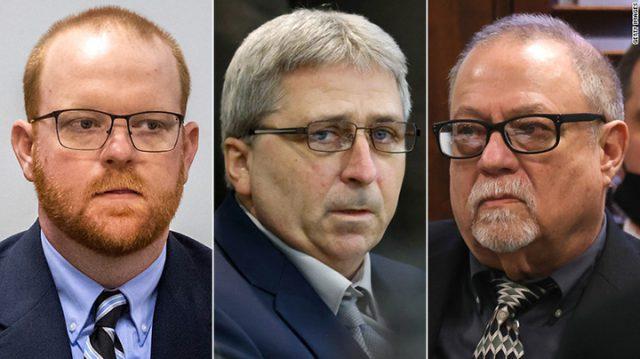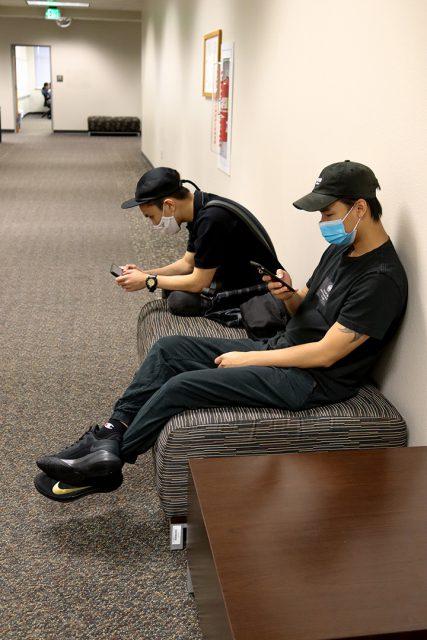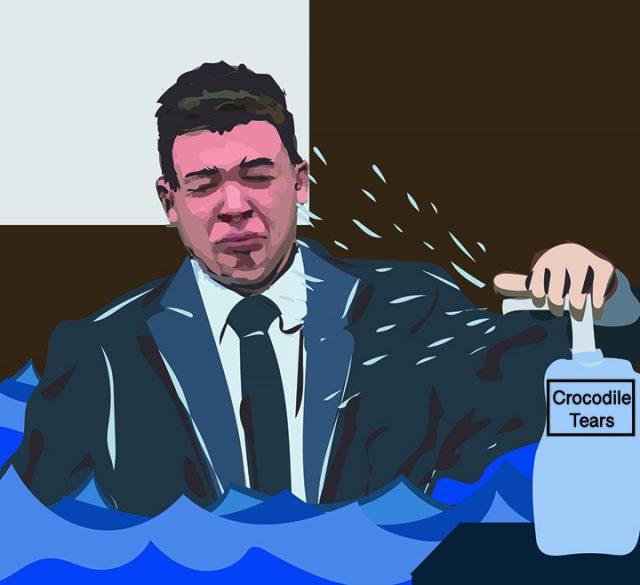The three final candidates presented their case as to why they are qualified for campus president
ALYSON OLIVER
campus editor
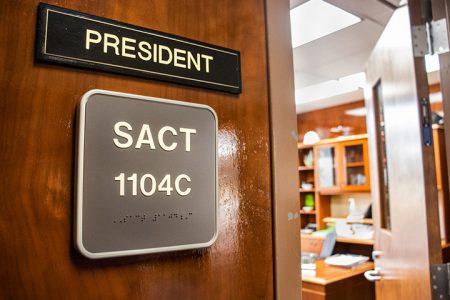
South Campus has been without an official president since September of 2020. TCC will elect a candidate to fill the position during the week of Feb. 1.
Community colleges are the embodiment of democracy and the center of America’s economic future because they provide access to brighter futures, South presidential candidate Feliccia Moore-Davis said.
The final three candidates for the next South president — Daniel Lufkin, Alessandro Anzalone and Feliccia Moore-Davis — spoke during a forum on Microsoft Teams. They each had an hour to answer nine questions submitted in advance by members of the TCC community.
During their introductions, they briefly shared about their careers. All have many years of experience in higher education, and Moore-Davis said she is a first-generation college student.
They were asked how they intend to get to know and be an advocate for South students, faculty and staff.
Lufkin said he would spend half of his first year listening and learning about TCC’s goals and challenges in order to advocate accordingly. Anzalone said he would focus on meeting and understanding the expectations of faculty, staff and students. Moore-Davis said she hopes to be able to advocate for people on campus by meeting and getting to know them remotely.
The candidates provided examples from their careers when they addressed diversity, equity and inclusion.
Anzalone said he was born and raised in Venezuela with parents born in Sicily. He believes diversity equals power.
“In professional groups, it’s proven that every time that you have increased diversity, you have increased productivity,” he said. “You always come to better solutions to problems.”
He said he wants faculty and staff to reflect the population they serve.
Moore-Davis said in the case of equity, it takes a village to move outcomes. She said
it is important to look at data holistically when trying to ensure equity and plans to organize equity summits to open up conversations if she is elected.
Lufkin cited similar research to Anzalone. He also described his experiences assisting a faculty member who lost her hearing.
“I thought I was doing everything I could to help this faculty member,” he said. “Turns out that I didn’t.”
After being told he wasn’t doing enough to help, he realized his initial approach — telling the faculty member to come to him with concerns — wasn’t adequate.
“If we’re truly inclusive, 100% inclusive, you shouldn’t have to ask,” he said. “It should already be there.”
The candidates addressed what they would do for mental health and emotional wellness on campus.
Lufkin said at his current school, they’ve implemented a program called Single Stop for access to mental health resources and adopted a wellness program for employees.
Anzalone focused on the need for people to connect and communicate during the pandemic. He said he’s hosted campus forums and provided mental health resources at his own school during the lockdown.
Moore-Davis highlighted the need for continued mental health awareness. She said she would start an awareness campaign and assess the resources available on campus if elected.
The candidates were also asked about works that have impacted them, why they chose to look beyond their current schools, how they conduct difficult conversations, what major changes they’ve brought to a school and what their response — plus the eventual outcome — was to their significant professional challenges at their current school.
TCC will announce the new South president the week of Feb. 1.

























